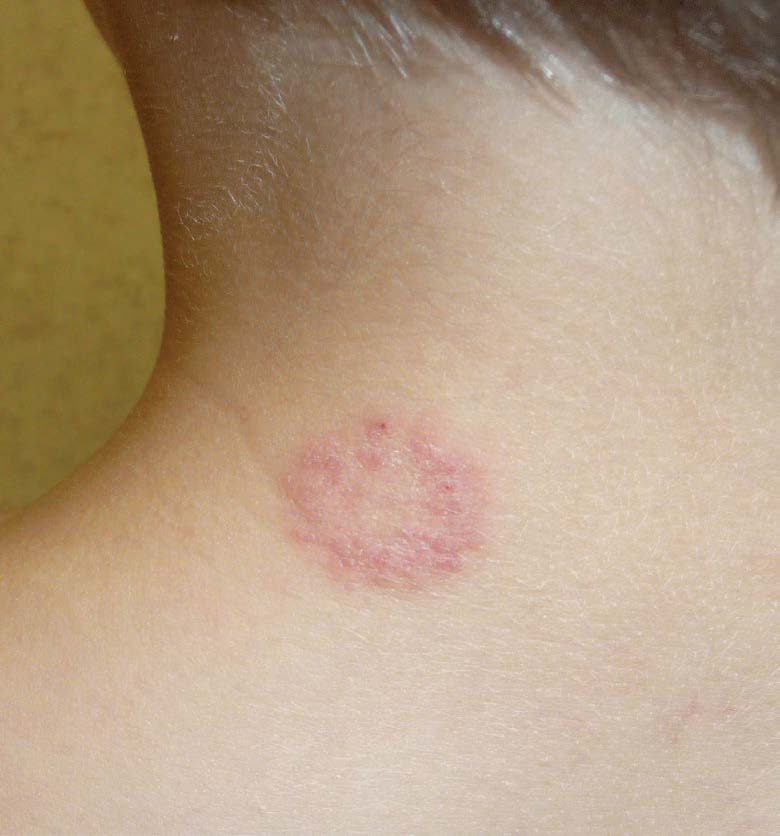
Pityriasis Corporis: Causes, Symptoms, and Treatment
Pityriasis Corporis is a superficial fungal infection of the skin, commonly caused by dermatophyte fungi such as Trichophyton or Microsporum species. It affects the body (trunk, arms, and legs) and is a form of tinea (ringworm) infection. The condition is characterized by red, scaly, and itchy patches that may expand over time.
Causes
Pityriasis corporis is caused by fungal infections, which spread through:
- Direct skin contact with an infected person or animal.
- Contaminated objects such as towels, clothing, or gym equipment.
- Warm and humid conditions that promote fungal growth.
- Weakened immune system or underlying medical conditions like diabetes.
- Excessive sweating (hyperhidrosis), making the skin more prone to infection.
Symptoms
- Circular or ring-shaped red patches with slightly raised borders.
- Itchy, scaly, or flaky lesions that may spread over time.
- Mild inflammation or burning sensation in severe cases.
- Patches may merge, leading to larger affected areas.
Diagnosis
- Physical examination – Doctors check for characteristic ring-like lesions.
- Wood’s lamp examination – A special UV light may be used to detect fungal infections.
- Skin scraping (KOH test) – Microscopic examination of skin flakes to confirm fungal presence.
- Fungal culture – Helps identify the specific type of fungus causing the infection.
Treatment
1. Topical Antifungal Medications (For Mild Cases)
- Clotrimazole, Miconazole, or Terbinafine creams applied 1-2 times daily.
- Ketoconazole or Ciclopirox for more persistent infections.
- Keep using antifungal creams for at least 2 weeks after symptoms disappear to prevent recurrence.
2. Oral Antifungal Medications (For Severe or Widespread Infections)
- Terbinafine, Fluconazole, or Itraconazole tablets.
- Usually prescribed for 2-6 weeks, depending on severity.
3. Home Care & Prevention
- Maintain good hygiene – Shower daily and keep skin dry.
- Avoid sharing personal items like towels, clothing, or razors.
- Wear loose, breathable clothing to reduce moisture buildup.
- Use antifungal powders if prone to sweating.
- Disinfect surfaces and bedding to prevent reinfection.
Prognosis & Complications
- With treatment, most cases resolve within 2-4 weeks.
- Untreated infections may spread, leading to chronic or recurrent outbreaks.
- Scratching can cause secondary bacterial infections, requiring antibiotics.
Pityriasis corporis is treatable with proper antifungal care. If symptoms persist or worsen, consult a doctor for stronger treatments.
Would you like recommendations for home remedies or preventive skincare?

